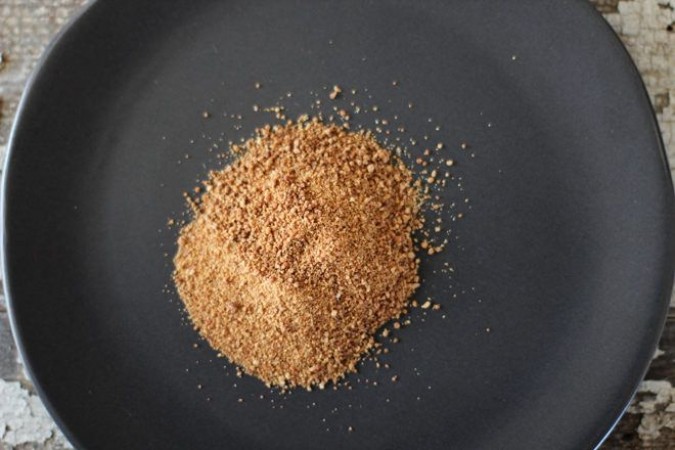In the ever-evolving world of nutrition, the battle between traditional sugar and trendy coconut sugar has sparked intense debates among health enthusiasts and experts. Let's delve into this sweet showdown and uncover what professionals have to say about the health implications of these two sweeteners.
The Sweet Basics
What is Sugar?
Sugar, often referred to as white sugar or table sugar, is a crystalline carbohydrate derived from sugarcane or sugar beets. It's a common ingredient in countless processed foods and beverages, known for its sweetening properties.
What is Coconut Sugar?
Coconut sugar, also known as coconut palm sugar, is derived from the sap of coconut palm trees. It's minimally processed and has gained popularity as a natural alternative to refined sugar.
Nutritional Comparison
Sugar Content
- Sugar: White sugar is composed entirely of sucrose, a simple carbohydrate that provides empty calories.
- Coconut Sugar: Coconut sugar contains varying amounts of sucrose, glucose, and fructose, along with small amounts of vitamins and minerals.
Glycemic Index (GI)
- Sugar: High GI, causing rapid spikes in blood sugar levels.
- Coconut Sugar: Lower GI, resulting in a slower, steadier increase in blood sugar levels.
The Expert Opinions
Dietitians Weigh In
Many dietitians emphasize the importance of moderation when it comes to sugar consumption. They suggest that both white sugar and coconut sugar should be used sparingly to avoid adverse health effects.
Sugar's Impact
- Excessive consumption of white sugar is linked to obesity, type 2 diabetes, and dental issues.
- Experts advise limiting daily sugar intake to no more than 10% of total calories.
Coconut Sugar's Appeal
- Coconut sugar's lower GI makes it a preferable option for individuals monitoring their blood sugar levels.
- Its natural composition provides small amounts of nutrients like iron, zinc, and antioxidants.
Cooking and Baking
Sugar in the Kitchen
- Sugar is a versatile sweetener, widely used in baking, cooking, and beverage preparation.
- Its neutral flavor doesn't overpower the taste of other ingredients.
Coconut Sugar in Action
- Coconut sugar has a subtle caramel-like flavor, which can enhance the taste of certain dishes and desserts.
- It can be a one-to-one replacement for white sugar in most recipes.
Environmental Considerations
Sugar Production
- Sugar production often involves intensive farming practices that can have environmental repercussions.
- Large-scale sugarcane cultivation may contribute to deforestation and habitat destruction.
Coconut Sugar Production
- Coconut sugar is considered more eco-friendly as it typically comes from small-scale, sustainable coconut farms.
- Coconut palms are known for their resilience and ability to thrive in diverse ecosystems.
A Sweet Conclusion
In the sugar vs. coconut sugar debate, there's no clear winner. Both sweeteners have their pros and cons, and the key to a healthier diet lies in moderation. Health professionals advise reducing overall sugar intake and choosing natural sweeteners like coconut sugar when possible.
So, whether you opt for the classic white sugar or the trendy coconut sugar, remember that a balanced diet, rich in whole foods, remains the cornerstone of good health.
Study Reveals Broccoli Is More Beneficial Than Spinach, a Green Vegetable
"Include These Calcium-Rich Foods in Your Diet Today for Stronger Bones
If you are having trouble digesting dinner, then do these four simple things, you will get relief
